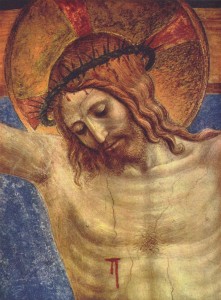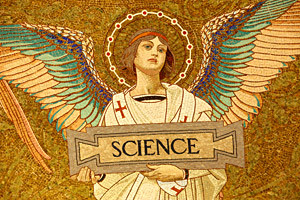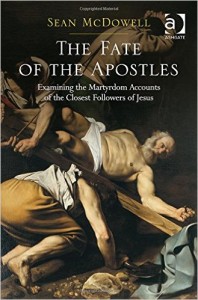
Painting of the crucified Christ, by Fra Angelico, circa 1437-1446, Wikimedia Commons
As we approach Easter, Christianity’s holiest day, it is natural to wonder if faith in “the risen Christ” represents the only way to have a true relationship with God. In fact, it is increasingly accepted in modern culture that all religions are equally valid or that there is “one god, but many paths.” However, is this premise true? Can other religions provide equally valid ways of knowing God?
To address these questions, we will limit this post to the primary world religions. There are several practical reasons for this limitation. First, it is for simplicity’s sake, given the thousands of religions and philosophies that could be evaluated. Secondly, it is reasonable to assume that if God has revealed Himself, He has done it in an effective way that has attracted many believers. So under this pretext, we will evaluate Christianity, Judaism, Islam, Buddhism, and Hinduism since they are generally considered the world’s most prevalent and influential faiths. Continue reading →
 Critics are fond of claiming that the gospels are full of historical errors, and that they are therefore unreliable as historical documents. Today’s article focuses on an alleged error in Mark’s gospel. Let’s get started by allowing biblical scholar, Bart Ehrman, to enlighten us regarding Mark’s ineptitude as an historian:
Critics are fond of claiming that the gospels are full of historical errors, and that they are therefore unreliable as historical documents. Today’s article focuses on an alleged error in Mark’s gospel. Let’s get started by allowing biblical scholar, Bart Ehrman, to enlighten us regarding Mark’s ineptitude as an historian:







